Excellent product and excellent price for a great quality keyboard. I use it exclusively for composition, and sometimes for playing classical tunes just for fun.
its greatest quality is its touch, and the different nuances it allows to give to performance, as well as its manufacturing quality.
I have it since one year now, i produced several piano tracks for MusicScreen (royalty free music library), and some soundtracks for 3 short films. Most of the time, when i want a classical piano style, i use it with the ivory VST, specially with the Steinway D or the Bosendorfer. For jazz work i use the VPC with the Ravenscroft 275.
Inspiration is the most crucial element when it comes to composing and producing music, and after 20 years of making music, i realized how much the action of the piano keyboard can influence our creative process, and can help us capture inspiration when it's there.
This keyboard is really really very inspiring. when i unpacked it, i used the velocity curve provided for the ivory VST, and I was directly seduced.
I used few keyboards in the past: Korg ProX, Roland JV 90.. and the VPC1 is far above in terms of quality and fun.


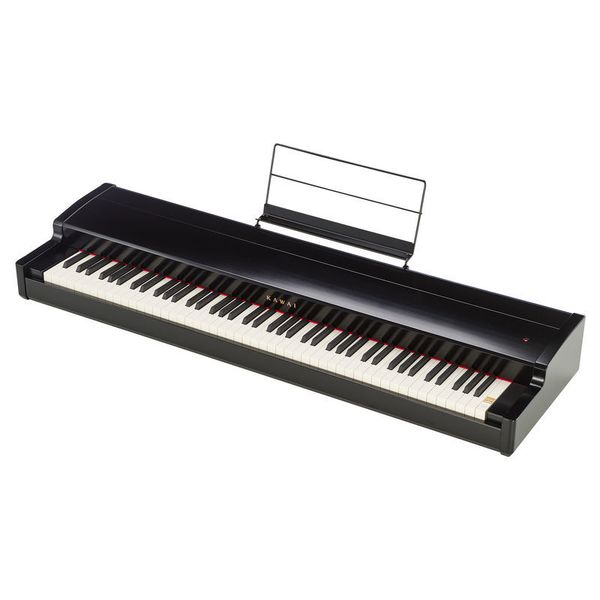
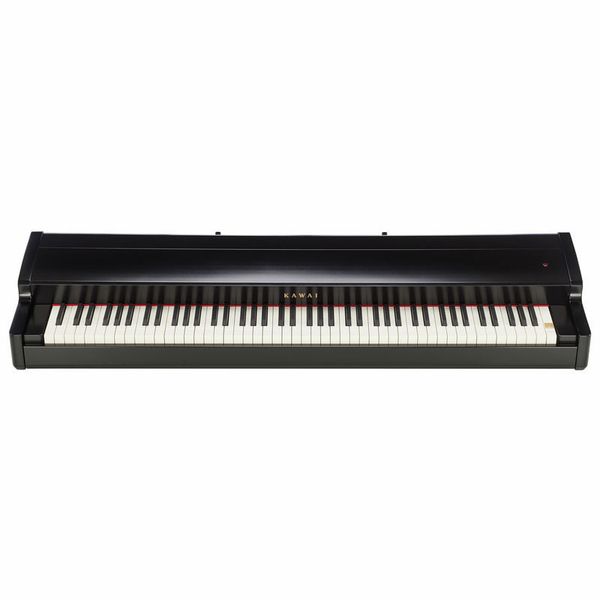
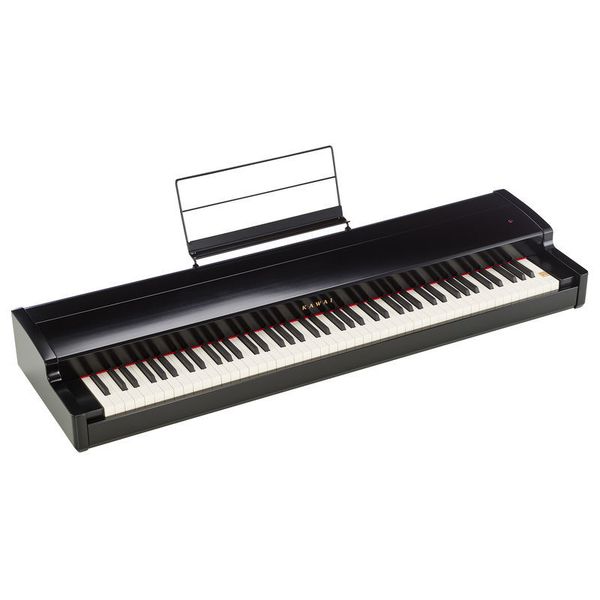
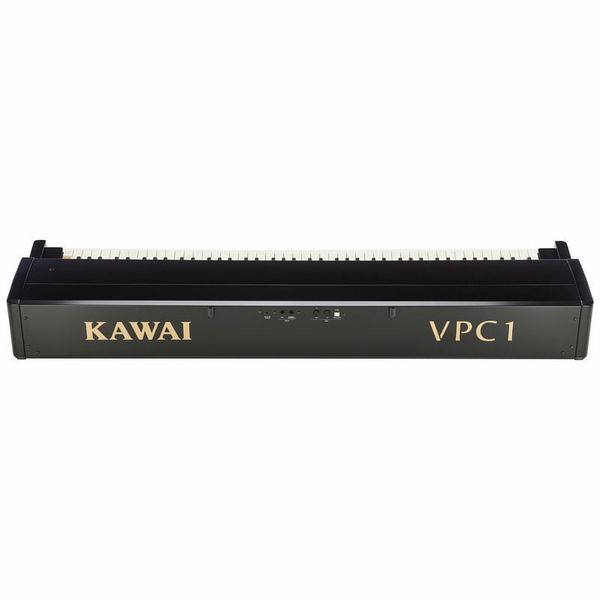
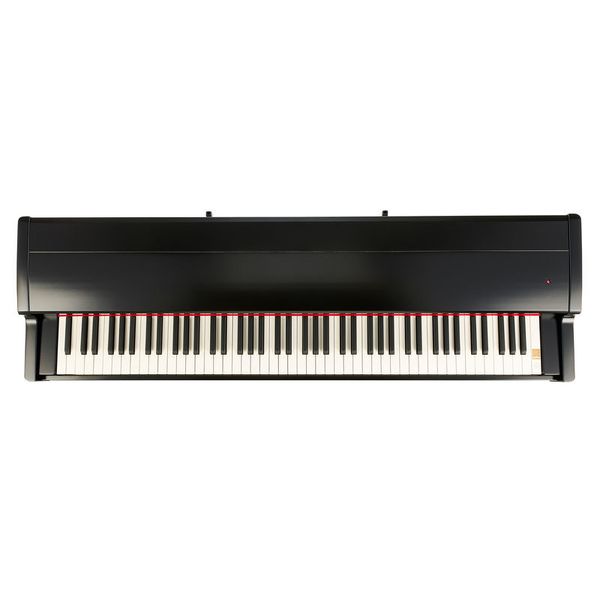
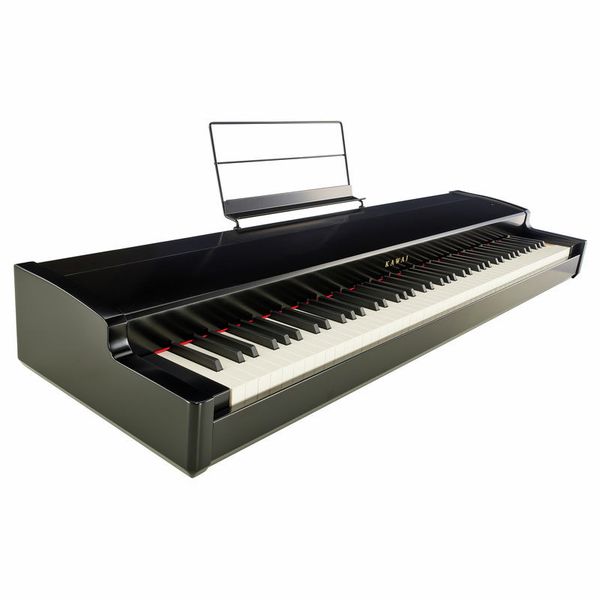
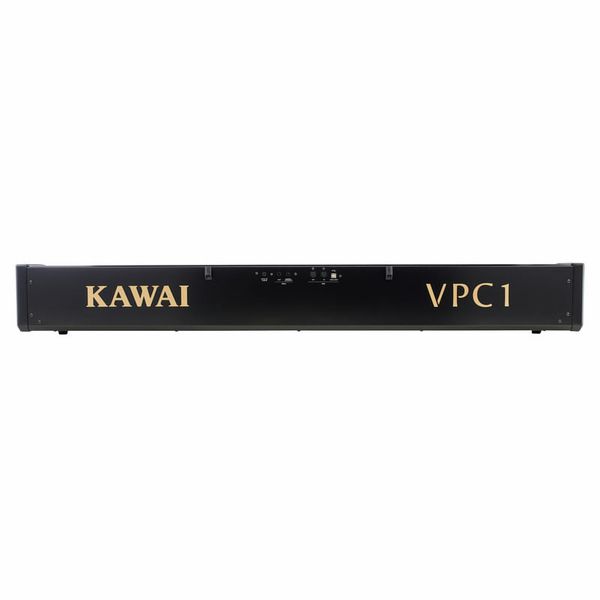
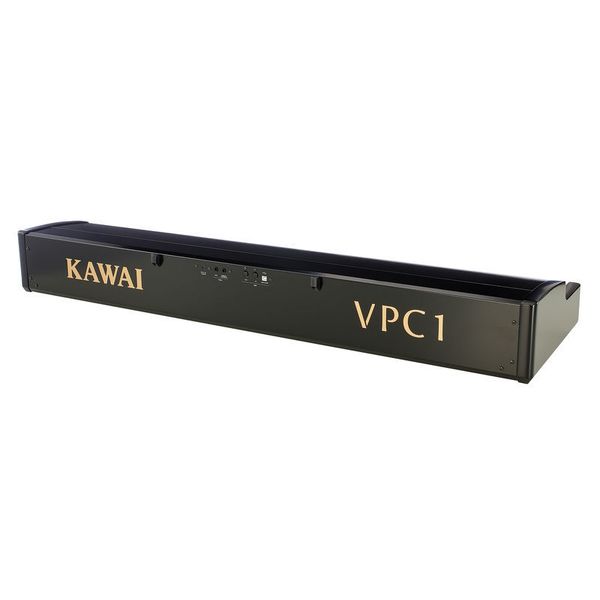
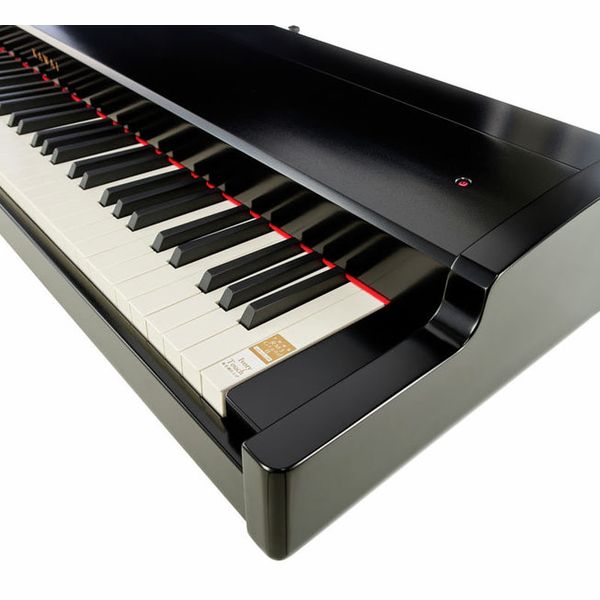
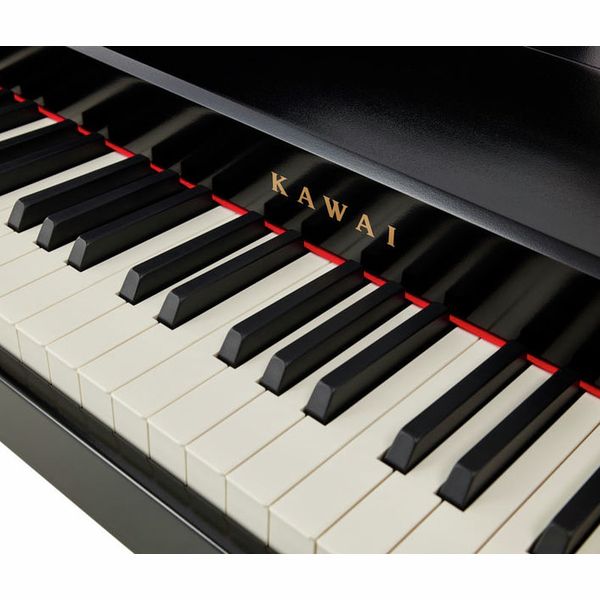
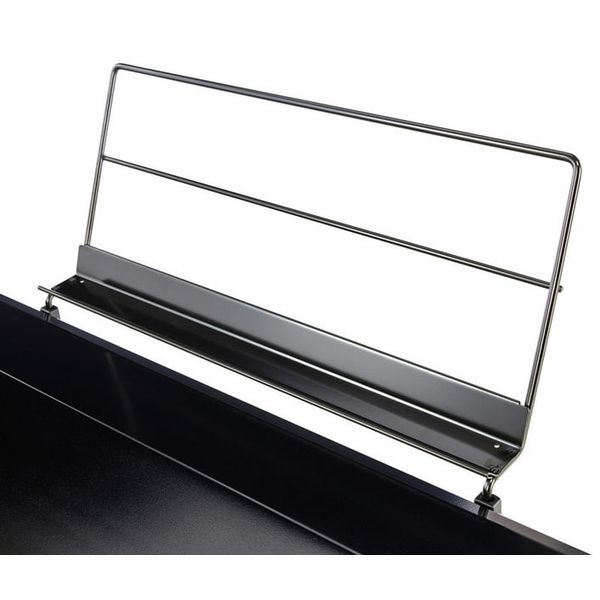
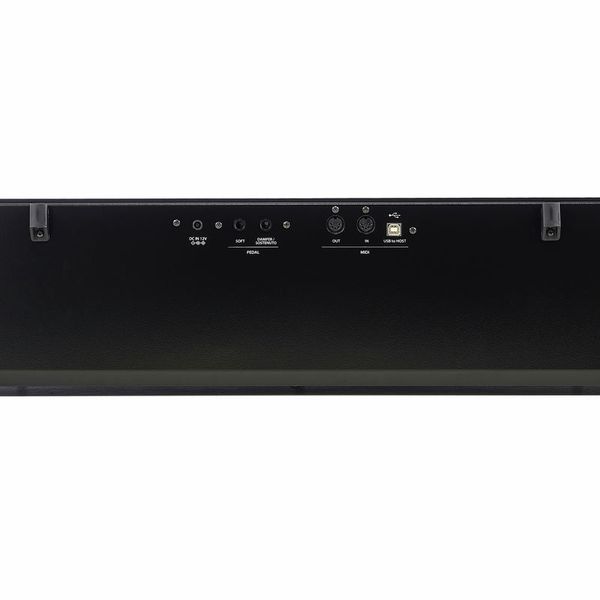
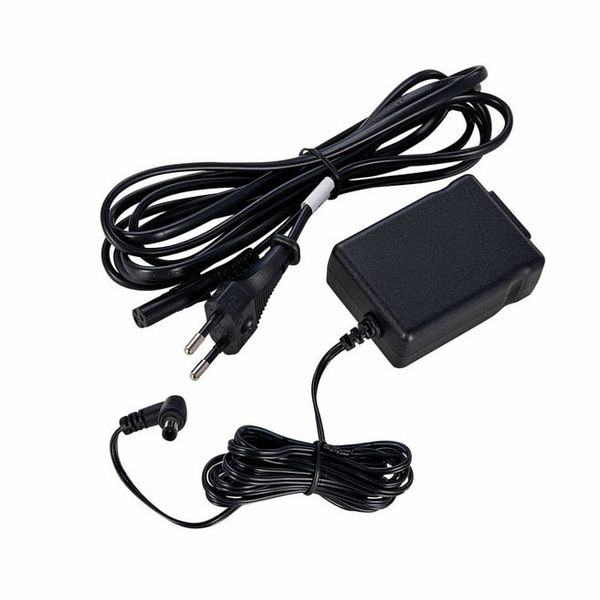
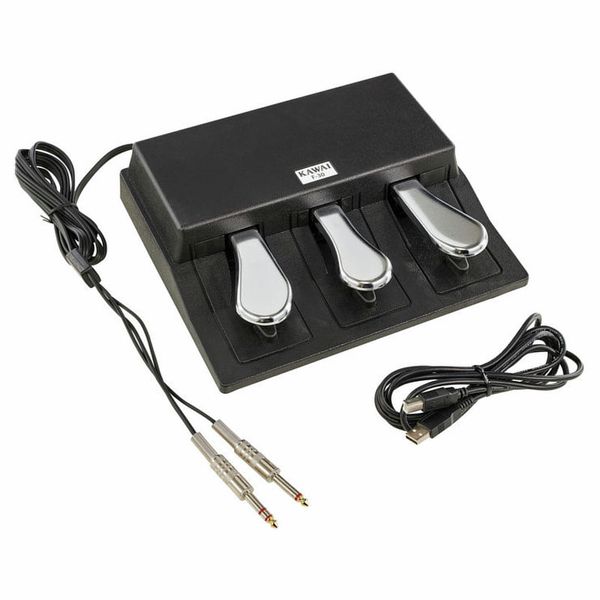
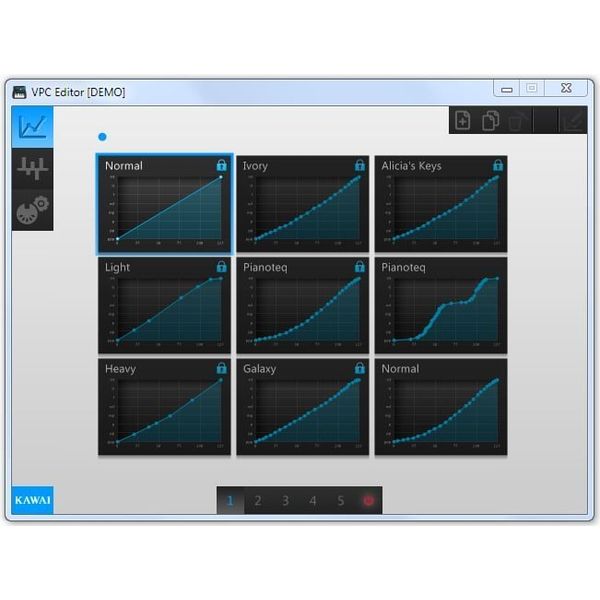

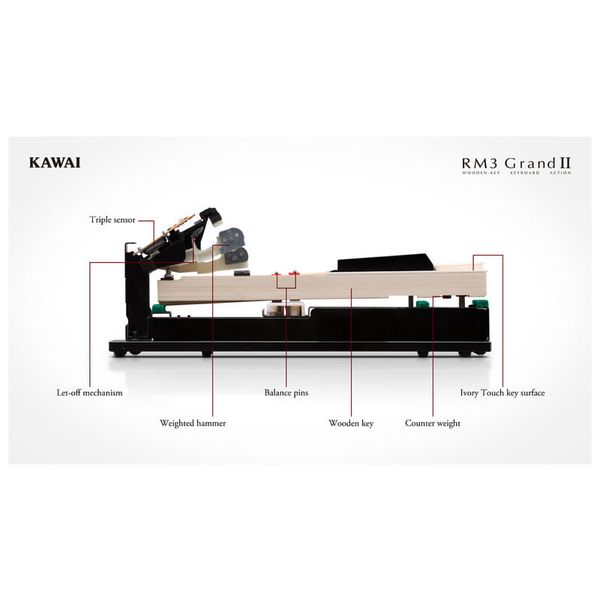




















)

)
)
)
